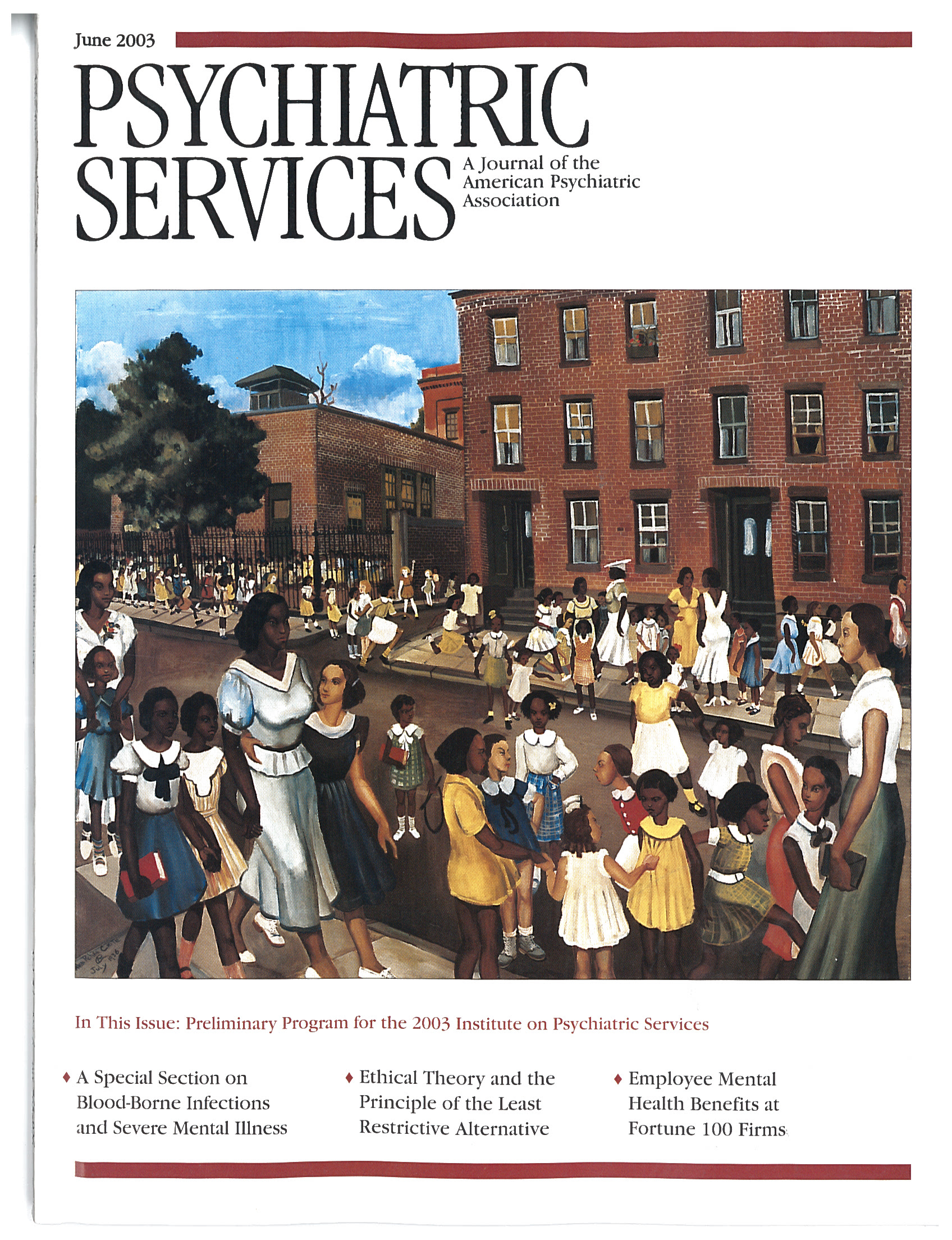The treatment-resistant chronically depressed adult has become a well-recognized and common entity in clinical psychiatry. When the industry hype for the latest "new" antidepressant has passed, and when clinicians and their patients come to realize that it isn't their mistakes, failings, inadequate dosing trials, and noncompliance that are universally to blame for unremitting depression, we are faced with a serious challenge. How do we treat chronically depressed patients?
Biological psychiatry, managed care, industry-sponsored research and advertising, and societal pressures have led us to expect termination of treatment soon after a short-term therapy intervention. Antidepressant efficacy trials that declare success after eight weeks and that selectively exclude severely depressed patients and those with complex comorbid conditions—that is, patients from the real world in which we practice—are a source of frustratingly simplistic advertising copy.
I have been providing regular psychotherapy in combination with pharmacotherapy for two depressed adult patients with complex comorbid conditions for many years—six years for one of these patients and 15 years for the other. The total number of psychotherapy sessions for each patient exceeds 200. I have periodically reviewed the therapeutic challenges of transference and countertransference, "professional patienthood," and unresolved dependency conflicts. I have sought second-opinion consultations, and I have questioned my skill. But I have lately come to believe that these patients are not that unusual. Their psychopathology is severe and poorly responsive to current treatment interventions. The cost of treatment has surpassed $30,000 for each patient, no paltry sum to be sure, and yet the amount doesn't approach that of other temporary and noncurative medical-surgical interventions, such as coronary angioplasty.
There is no termination date in sight for either patient. My job is to provide the best available care that I can for as long as it is needed. I have alleviated suffering, I have helped to avert suicide, I have prevented inpatient hospitalization on several occasions, and I have facilitated marginal to modest functionality. This has been possible, in part, through dynamic, methodically instituted, and often complicated polypharmacy and, in part, through supportive psychotherapy.
Chronic severe depression, and its associated comorbid conditions, is a complex and disabling illness about which we know relatively little. Until definitively effective interventions are developed via real-world research methods, treatment will require a skillful and experienced physician, a long-term physician-patient relationship, and the willingness of the physician, patient, and insurer to acknowledge our current limitations and the importance of the "chronic" psychotherapeutic alliance.

